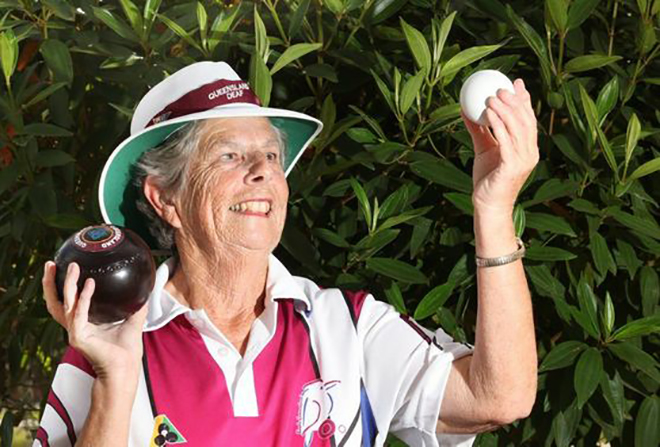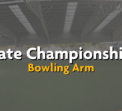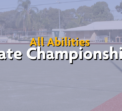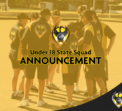Deaf and hearing impaired bowlers ready for the world stage
Players from Victoria, New South Wales, Queensland and Western Australia will compete in the seventh iteration of the world event, against teams from the host nation, Ireland, England, Scotland Wales and New Zealand in Belfast.
The pinnacle event for hearing impaired bowlers is staged every four years, with the selected green and gold representatives chosen from the Australian Deaf Bowls Championships, which took place at Mareeba, Queensland in July last year.
Players selected to make the voyage over to Northern Ireland include:
Michael Barca (Bundoora RSL, VIC)
Harry Hughes (Nollamara, WA)
Brian Lockyer (Walcha, NSW)
Barry Lynne (Mareeba, QLD)
Kenneth Read (Helensvale, QLD)
Barrie Knapton (Pacific Paradise, QLD, Team Manager)
Gail Dellar (Moolooaba, QLD)
Janet Hogan (Boyne Tannum, QLD)
Diana Reddick (Corinda, QLD)
Robyn Larkin (Ocean Grove, VIC)
Maureen Prudden (Seymour, VIC)
Anne Jeavons (Glen Forest, WA, Team Manager)
Diana Riddick is one of five Queenslanders selected to compete on the international stage, chosen after winning the national women’s singles and triples titles.
“I like to play lawn bowls because I really enjoy it,” Riddick said.
“I never imagined it would take me overseas to play, but I am thrilled to be selected.”
But with only a third of year remaining before they roll-up in the Northern Hemisphere, Mrs Riddick said she, like the other nine players, are looking for ways to help fund the trip.
“I am only on a pension, and I know this trip will be very expensive,” she said.
“I’m hoping to talk to some people in the community to ask them to help sponsor me.”
All players are responsible for their own costs which include airfares, accommodation, uniforms and food, with a small grant from Deaf Sports Australia alleviating some the costs.
In order to qualify for a deaf bowls competition at a state level a player must have at least a 40 decibel hearing loss or greater in their best hearing ear and for the national team the requirement is a hearing loss of 55 decibel or in the best hearing ear, or if have a cochlear implant.
Each player must supply an audiogram to the state body to qualify.
The deaf lawn bowls community of Australia is also involved with in the Australian Deaf Games, a muliti-sport event run by Deaf Sports Australia, which occurs ever two years, and will be staged in Adelaide in January next year.
Secretary of the International Deaf Lawn Bowls Federation and Administrator of Deaf Lawn Bowls Australia, Tony Goring OAM from NSW’s Orange Bowling Club, is a passionate advocate for sport, having played competitively since 1972, despite suffering almost complete hearing loss after contracting meningitis at the age of two.
Earlier this year, on Australia Day, Tony was awarded the Medal of the Order of Australia for his role in the Deaf Society of NSW and Deaf Lawn Bowls Australia.
“I think we’ve got a very good chance, the Australian men have won five out of the six international games,” Goring said.
Deaf Lawn Bowls Australia is actively looking to recruit new members to join their ranks, anyone interested should contact Deaf Sports Australia .
Caption: Diana Riddick is eagerly anticipating her trip to Northern Ireland, but is looking for help from the community to help fund her competition.



